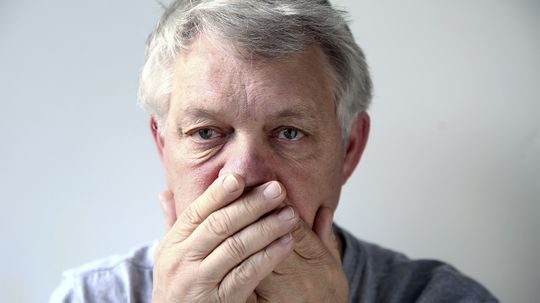Have you ever wondered why it is so difficult to detect your own bad breath? Despite our ability to perceive various scents, we often struggle when it comes to recognizing our own oral odors. This intriguing phenomenon can be attributed to a combination of physiological and psychological factors.
The Role of Adaptation in Olfactory Perception
Our sense of smell plays a crucial role in detecting and identifying different aromas. However, over time, our olfactory system adapts to constant stimuli, making us less sensitive to familiar smells. This adaptation mechanism allows us to focus on new or changing scents rather than being overwhelmed by persistent ones.
In the case of bad breath, this means that as individuals are exposed continuously to their own oral odor, their olfactory receptors become desensitized. Consequently, they may no longer perceive the scent as strongly as others would.
Possible Psychological Factors at Play
Beyond physiological adaptations, psychological factors also contribute significantly to our inability to detect our own bad breath. The concept known as “nose blindness” or “olfactory fatigue” refers specifically to the diminished sensitivity towards one’s personal scent due to prolonged exposure.
This phenomenon occurs because we tend not to pay close attention or actively sniff for unpleasant smells emanating from ourselves. It is socially ingrained in us not only out of politeness but also due to self-preservation instincts that prevent us from becoming overly self-conscious about potential bodily odors.
The Importance of External Feedback
To overcome this challenge and ensure fresh breath consistently, seeking external feedback becomes essential. Trusted friends or family members can provide honest assessments regarding any noticeable oral malodor without hesitation or bias.
Dentists and oral health professionals also play a crucial role in identifying and addressing bad breath. Regular dental check-ups enable them to detect underlying causes such as gum disease, dry mouth, or poor oral hygiene that may contribute to persistent halitosis.
Conclusion
The inability to smell our own bad breath is a fascinating phenomenon rooted in both physiological adaptations and psychological factors. Our olfactory system’s ability to adapt over time combined with societal norms of not actively sniffing for unpleasant scents from ourselves contributes to this challenge.
By seeking external feedback and maintaining regular dental visits, we can ensure optimal oral health and fresh breath while overcoming the limitations imposed by our own perception.
